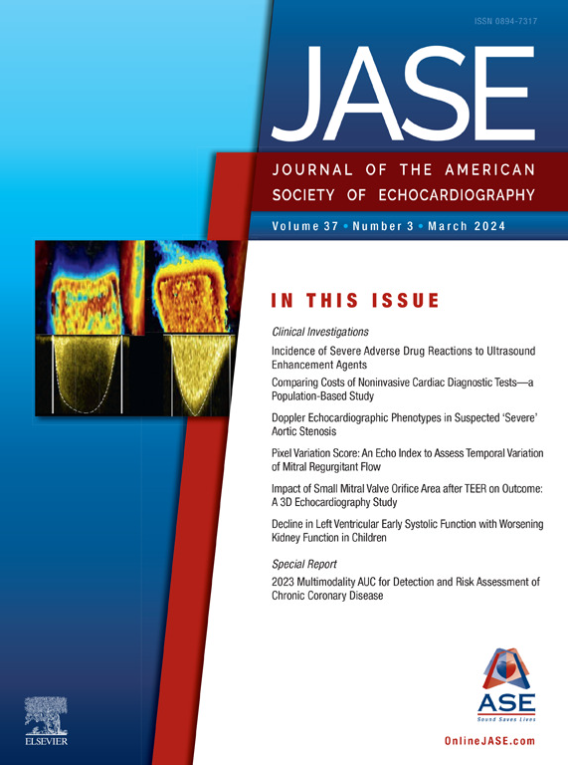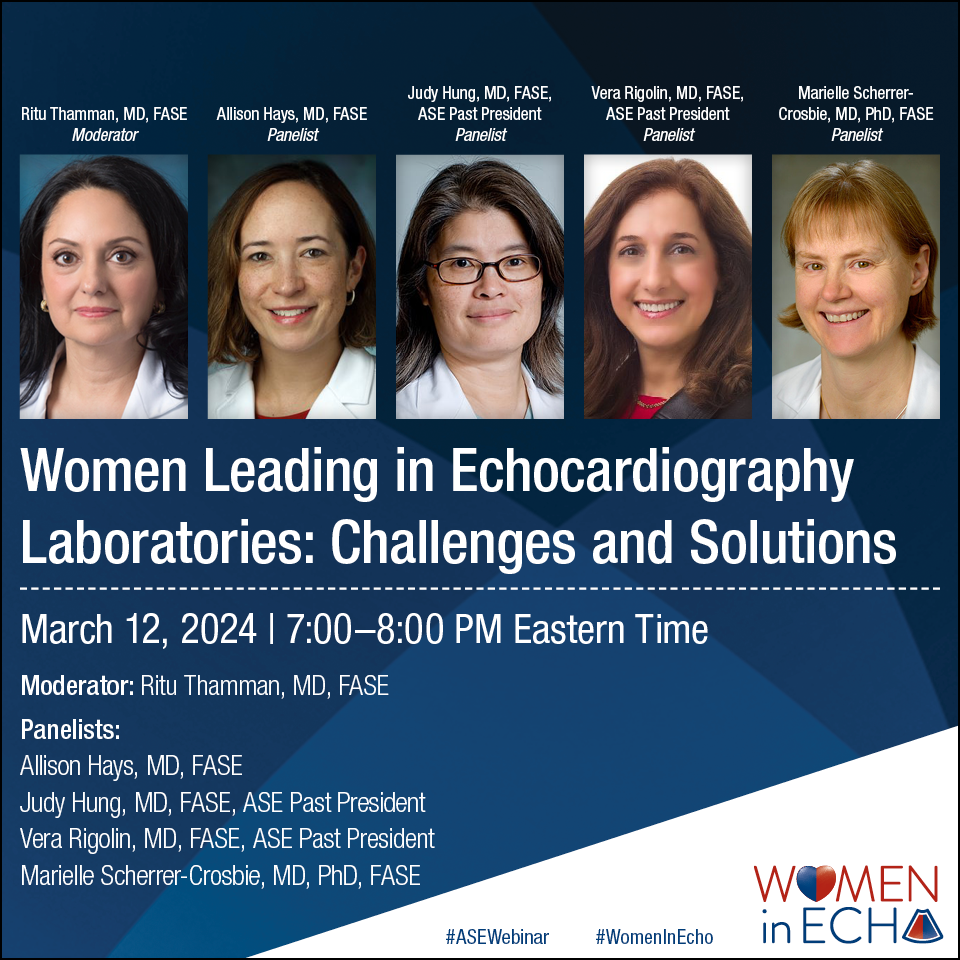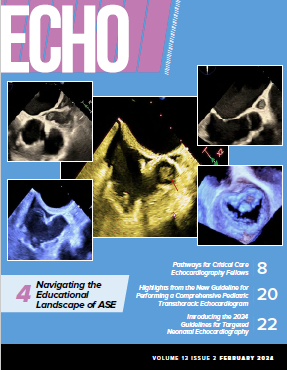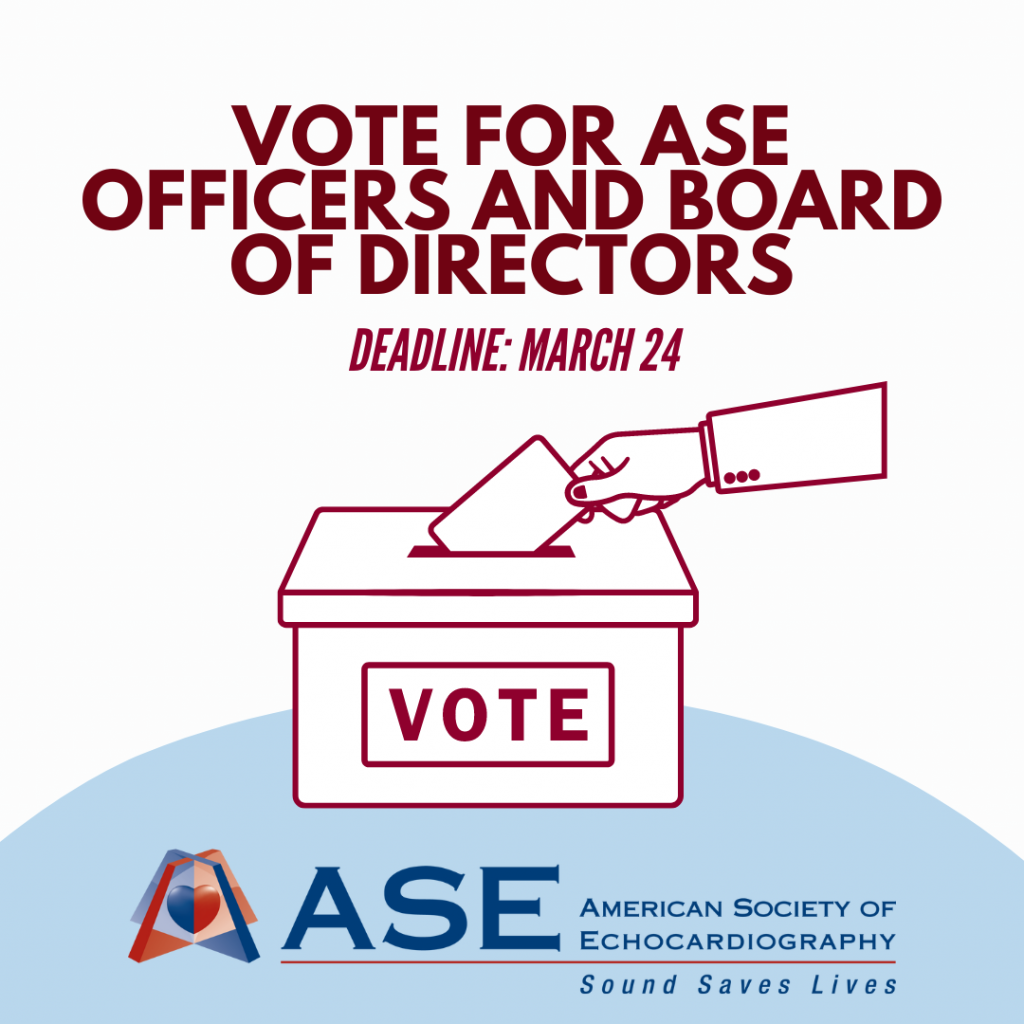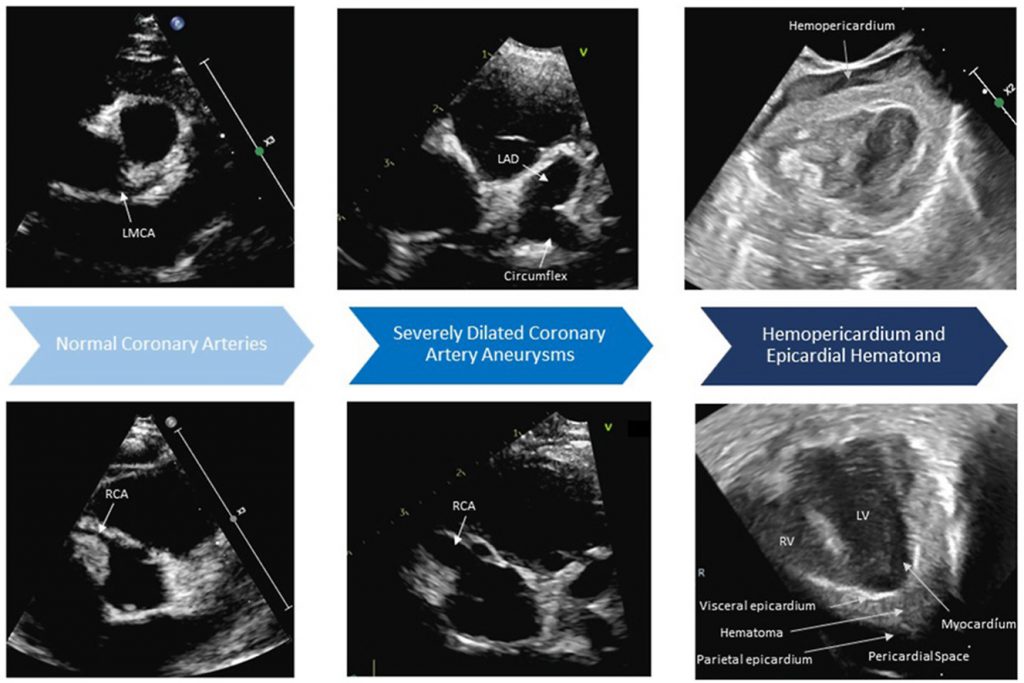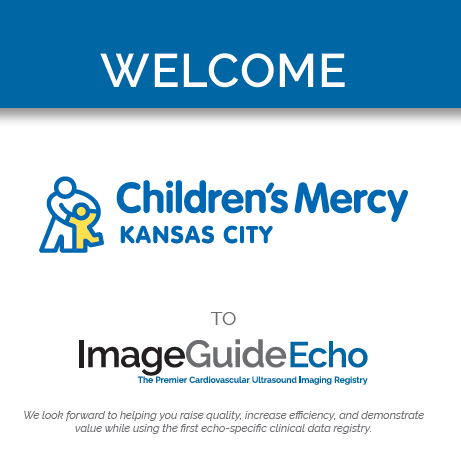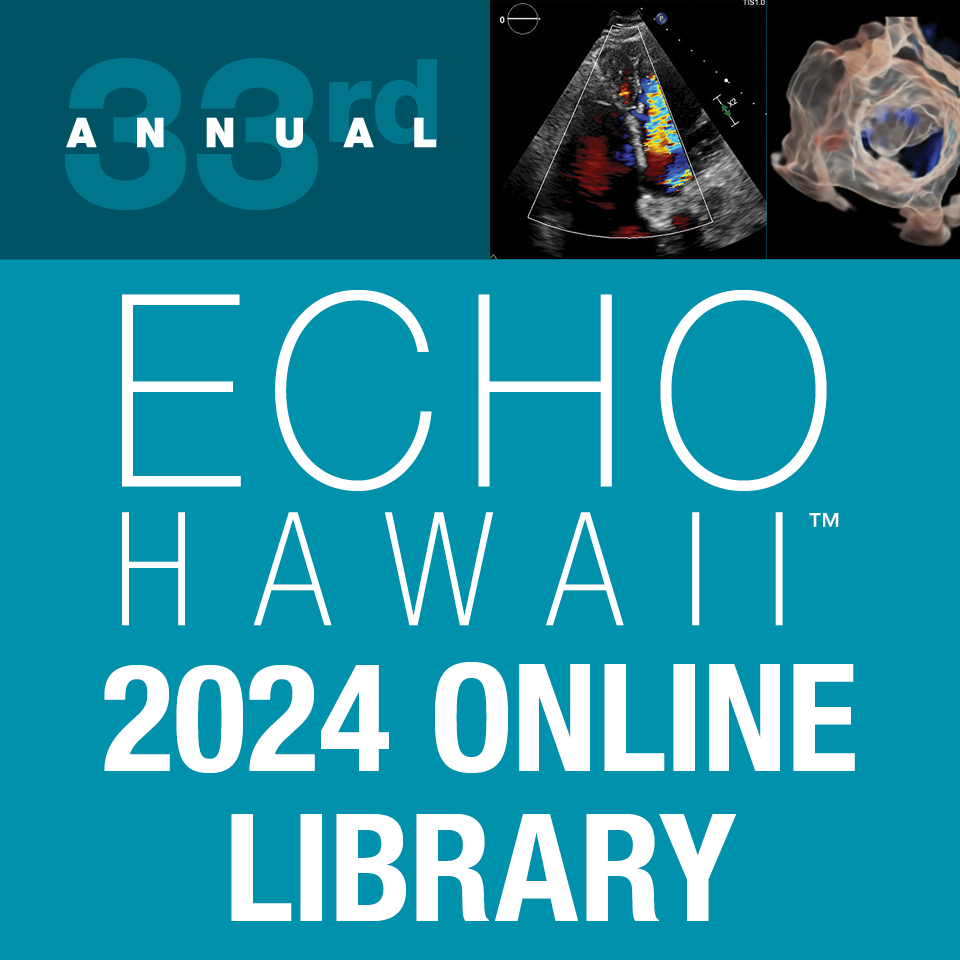The March issue of JASE includes, “Comparing Costs of Noninvasive Cardiac Diagnostic Tests—a Population-Based Study.” Author Idan Roifman, MD, MSc, remarks, “In a large population-based cohort consisting of >2 million people from Ontario, Canada who were evaluated for chest pain, we report that receipt of any non-invasive test (NIT) for the diagnosis of coronary artery disease was associated with a 12% reduction in downstream costs when compared to no testing. Graded exercise stress testing (GXT) and stress echocardiography were associated with the least downstream costs (approximately 20% reductions), whereas CCTA and MPI were associated with the highest relative costs (approximately 30% and 25% increased costs, respectively). Our findings are important from a health policy perspective for the following reasons. First, we demonstrated that receipt of any NIT was associated with reductions in downstream costs when compared to no testing despite the added initial costs of the test itself. This is significant as it indicates that the initial cost of testing is more than offset by downstream healthcare cost savings. Second, given that stress imaging and anatomical testing have been demonstrated to be similar in terms of their related downstream clinical outcomes, our results reporting that stress echocardiography is the least expensive modality are important, as they may lead to prioritization of this test. This is especially important in healthcare systems that do not require pre-approval for stress echocardiography, but may require it for other types of NIT, such as many systems in the United States.”
This issue includes numerous clinical investigations reporting on safety of ultrasound enhancement agents, noninvasive testing for coronary heart disease, Doppler use in valvular heart disease, 3D TEE after transcatheter mitral valve repair and outcome, septal perforator flow in HCM, and LV function in children with chronic kidney disease. Don’t miss a Special Report on multimodality appropriate use criteria for the detection and risk assessment of chronic coronary disease. Additionally, there are two brief research communications—one explores low-dose application of ultrasound-enhancing agents without flush and the other reports on reproducibility of echocardiographic measures of aortic stenosis severity and its impact on severity grading. Five editorials accompany these reports, and a handful of letters to the editor on the topics of mitral regurgitation phenotype and moderate aortic stenosis conclude this issue.
With contributions from Rickey E. Carter, PhD, and David Ouyang, MD, FASE, Dr. Pellikka’s editorial outlines the artificial intelligence content of particular interest to JASE for authors interested in submitting on this topic. In accordance with International Congenital Heart Defects Awareness Day, Dr. Eidem’s President’s Message highlights congenital heart disease and ASE’s efforts to bring education and awareness to this important population during his presidency.
Be sure to check out March’s Author Spotlight to learn more from lead authors Mays T. Ali, MD, and Jeremy J. Thaden, MD, FASE, as they discuss their recent paper, Incidence of Severe Adverse Drug Reactions to Ultrasound Enhancement Agents in a Contemporary Echocardiography Practice. Please see the March ASE Education Calendar for a listing of educational opportunities far and wide.

